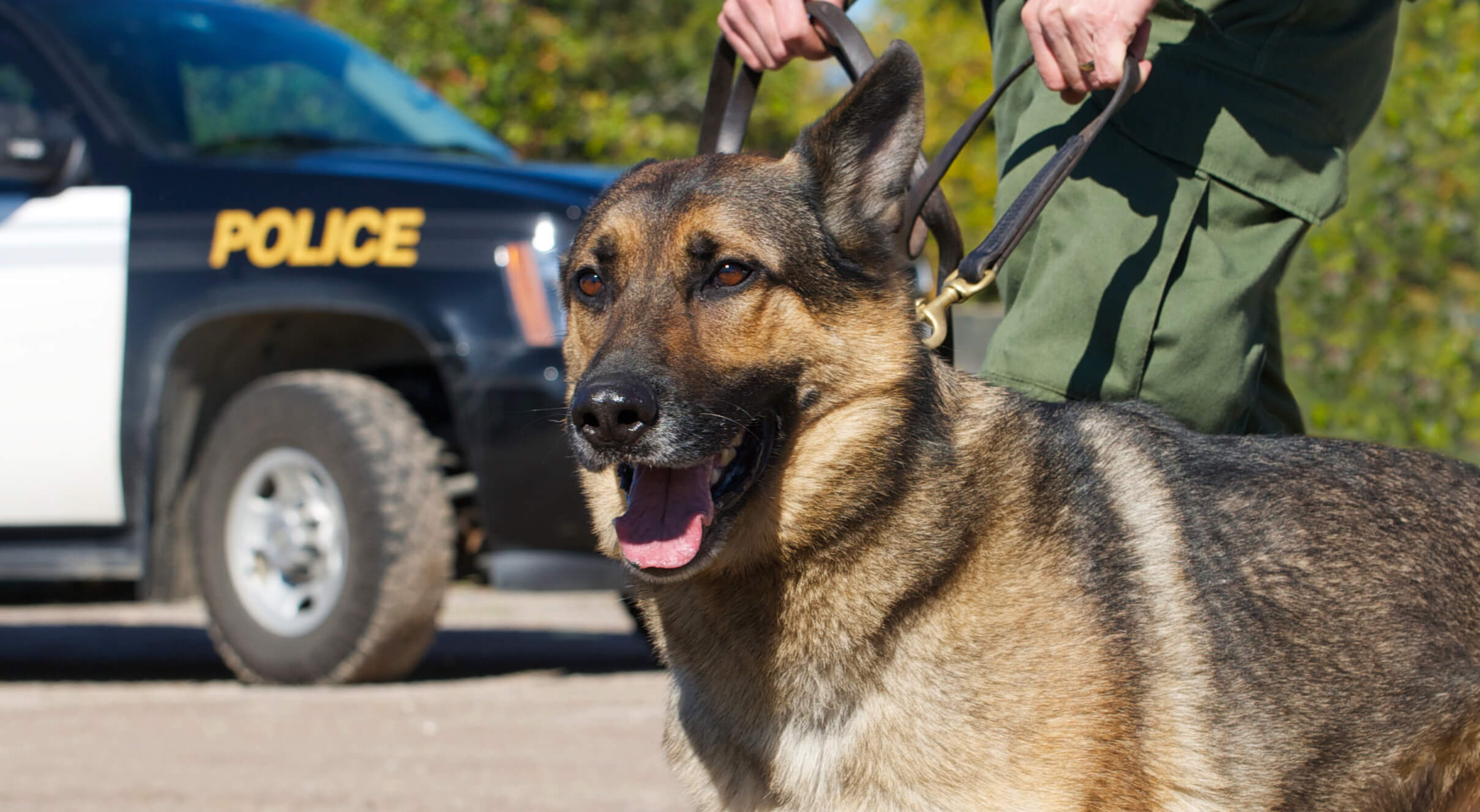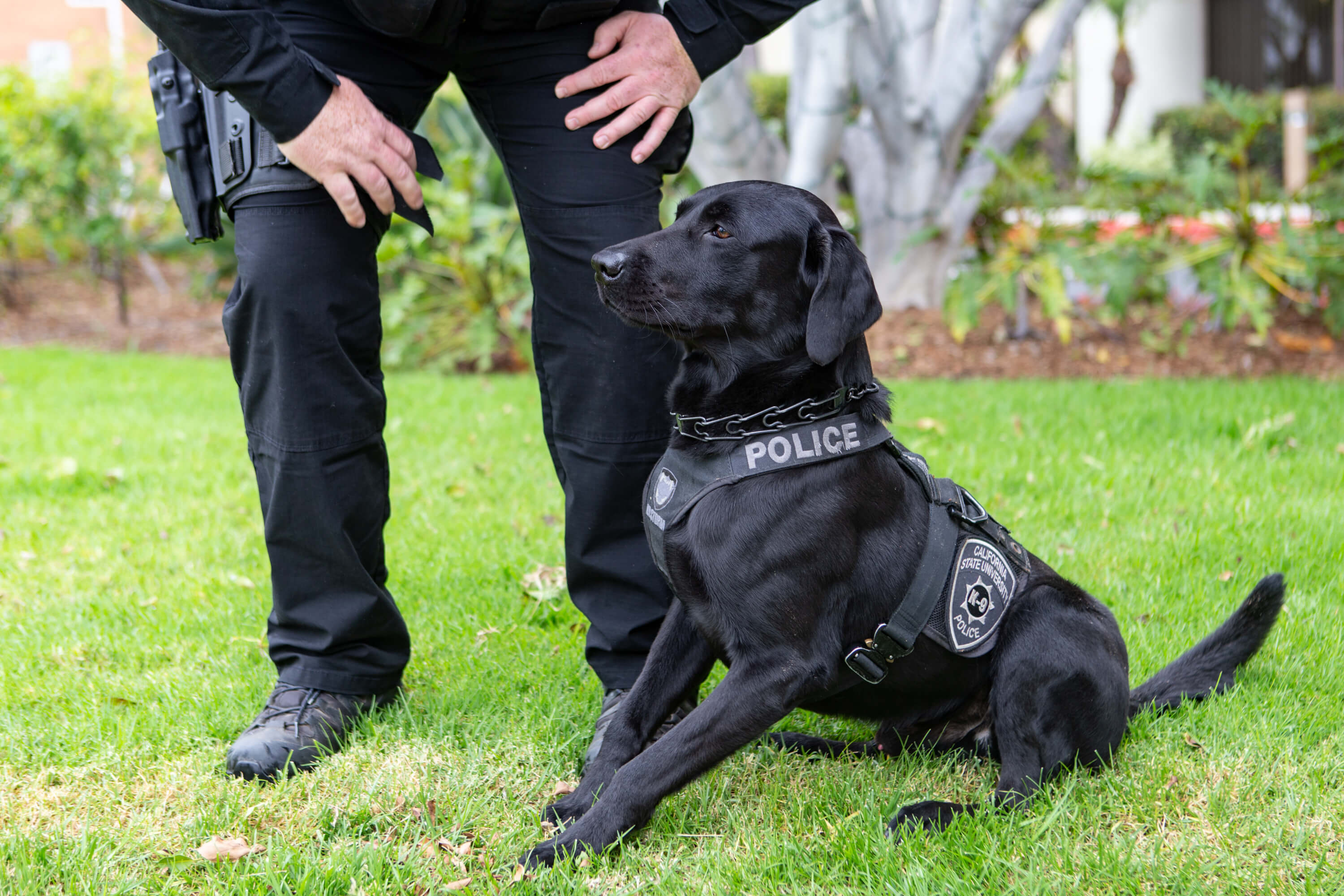Police Dogs - Amazing Canine Companions In Service
When we think about keeping our neighborhoods safe, our thoughts often go to the dedicated people who work to protect us. But there’s a whole other group of helpers, four-legged ones, who play a truly big part in this important work. These incredible animals, often called police dogs, are more than just pets; they are partners, serving alongside officers to make our communities more secure. They are, in a way, unsung heroes with wagging tails and keen senses, helping out where human abilities might fall short.
These special dogs do all sorts of important jobs, from finding missing people to sniffing out things that could be dangerous. They are picked for their unique talents and then put through very specific training to prepare them for their duties. You might be surprised, as a matter of fact, by just how many different kinds of dogs are chosen for these roles and the wide range of tasks they perform every day.
In this article, we’ll take a closer look at these remarkable animal helpers. We'll explore which dog breeds are typically chosen, what makes them so good at their jobs, and how they learn the skills they need. We’ll also talk about the many ways they assist police forces and other agencies, showing just how valuable these canine friends really are. It’s a pretty fascinating topic, honestly.
Table of Contents
- What Makes a Great Police Dog?
- Which Breeds Serve as Police Dogs?
- How Do Police Dogs Get Their Skills?
- What Jobs Do Police Dogs Do?
- Why Are Police Dogs So Important?
What Makes a Great Police Dog?
Picking the right dog for police work isn't just about finding a big, strong animal. It's much more involved than that. There are specific qualities that make a dog truly suitable for helping law enforcement. These animals need a particular kind of personality and certain physical traits to handle the demands of their jobs. So, what exactly are these important characteristics that set them apart?
Traits of Top Police Dogs
A good police dog, you know, usually has a very strong drive to work. This means they love having a job to do and are eager to please their handler. They also need to be quite confident and not easily scared by loud noises or new places. Think about it: they might be in all sorts of different environments, from a quiet park to a busy street, so being steady and calm is key. They should also be, in some respects, very intelligent and able to learn new commands quickly.
Physical traits matter a lot too. A police dog needs to be in good shape, with plenty of stamina to keep going through long shifts or difficult situations. They need to be agile, able to move quickly and change direction without trouble. And, of course, a good sense of smell is absolutely essential for many of their tasks. Their ability to pick up scents is, frankly, far beyond what a human can do, making them irreplaceable for certain kinds of searches.
Which Breeds Serve as Police Dogs?
When people think of a police dog, a certain image often comes to mind, perhaps a German Shepherd. And while that breed is definitely a common sight, there are actually many different types of dogs that do this kind of work. Each breed brings its own set of skills and characteristics to the job, making them suitable for various police duties. It's not just one kind of dog, you see, but a whole collection of talented canines.
Popular Police Dog Breeds
The German Shepherd is, as I was saying, perhaps the most well-known and widely used police dog. They are very smart, loyal, and have a good balance of strength and agility. Another breed that's gaining a lot of recognition is the Belgian Malinois, sometimes called a Belgian Tervuren. These dogs are incredibly energetic and have an intense drive to work, which makes them really good for tasks that need a lot of focus and speed.
Other breeds also play a big part. Rottweilers, for instance, are known for their strength and protective nature, making them good for patrol work. Doberman Pinschers are quick and alert, often used for guarding and tracking. Giant Schnauzers, with their sturdy build and strong will, can also be found in police forces. And then there are Labradors, who, because of their friendly nature and amazing sense of smell, are often chosen for detection jobs, like finding certain substances or helping in search and rescue efforts. So, it's quite a varied group, really.
How Do Police Dogs Get Their Skills?
It's one thing to have a dog with the right natural abilities, but it's quite another to turn them into a working police dog. This transformation doesn't happen overnight; it involves a lot of dedicated effort and a special kind of teaching. These animals go through a learning process that builds on their instincts and turns them into highly skilled partners for law enforcement officers. How do they, you might wonder, get to be so good at what they do?
Training for Police Dogs
The teaching process for police dogs typically starts when they are quite young, often as puppies. They learn basic obedience first, like sitting, staying, and coming when called. This creates a strong foundation. Then, they move on to more specialized lessons, which can include things like tracking scents, finding hidden items, or even learning how to help apprehend a person. They learn, in short, to follow specific commands from their human partner, even in very distracting situations.
A big part of their learning involves play and positive rewards. Trainers use toys, praise, and treats to encourage the dogs to perform their tasks. This makes the learning fun for the dog and helps them associate their work with good feelings. The bond between the dog and its handler is also extremely important; they spend a lot of time together, building trust and understanding. This close connection is, honestly, what makes them such effective teams when they are out doing their jobs.
What Jobs Do Police Dogs Do?
When we talk about police dogs, it's easy to think of them just chasing after people. But their work is so much more diverse and important than that one image. These animals take on a wide array of duties that are absolutely vital for public safety and for helping officers do their work effectively. They are, essentially, multi-talented members of the team. So, what exactly are all the different things these amazing police dogs actually do?
The Many Roles of Police Dogs
One very important job for police dogs is finding things. This could mean sniffing out illegal substances, like drugs, or locating explosives that could cause harm. Their sense of smell is incredibly powerful, allowing them to detect odors that humans simply can't. They also help find people, whether it's a lost child, an elderly person who has wandered off, or someone who is trying to hide from the police. This kind of tracking work often involves following a scent trail through all sorts of places, from thick woods to crowded areas.
Police dogs also play a big part in keeping order and catching people who have broken the law. They can help officers pursue someone who is running away, and they are trained to hold onto a person if needed, but only when instructed by their handler. This helps officers safely take someone into custody. They also act as a deterrent; just the presence of a police dog can sometimes prevent a situation from getting worse. They are, basically, a very effective tool for maintaining safety and assisting in difficult situations where lives might be at risk.
Beyond finding things and helping with arrests, some police dogs are also involved in search and rescue efforts after disasters, or they might work with specialized units like bomb squads. They really are, in a way, unique types of service animals, always working alongside their human partners. Their abilities, from their sharp senses to their loyalty, show just how much potential these canine companions have when they are trained and cared for properly.
Why Are Police Dogs So Important?
It's pretty clear that police dogs are more than just furry colleagues; they are truly essential to modern law enforcement. Their presence and abilities make a significant difference in how police departments operate and how safe communities feel. Without them, many tasks would be much harder, if not impossible, to complete. They provide a kind of support that human officers simply cannot replicate. So, why do they hold such a vital place in our public safety efforts?
These dogs help keep everyone safer by finding dangers that might otherwise go unnoticed. Their ability to detect certain substances or track individuals can prevent serious harm and help solve crimes more quickly. They also act as a kind of protective measure for their human partners, providing an extra layer of security in risky situations. Their speed and keen senses mean that officers can approach certain scenarios with more confidence, knowing they have a skilled helper by their side. They are, quite simply, an invaluable asset in keeping our neighborhoods secure and peaceful.

Police Dogs At Work

Police Dogs

Do Police Dogs Stay With Their Handlers